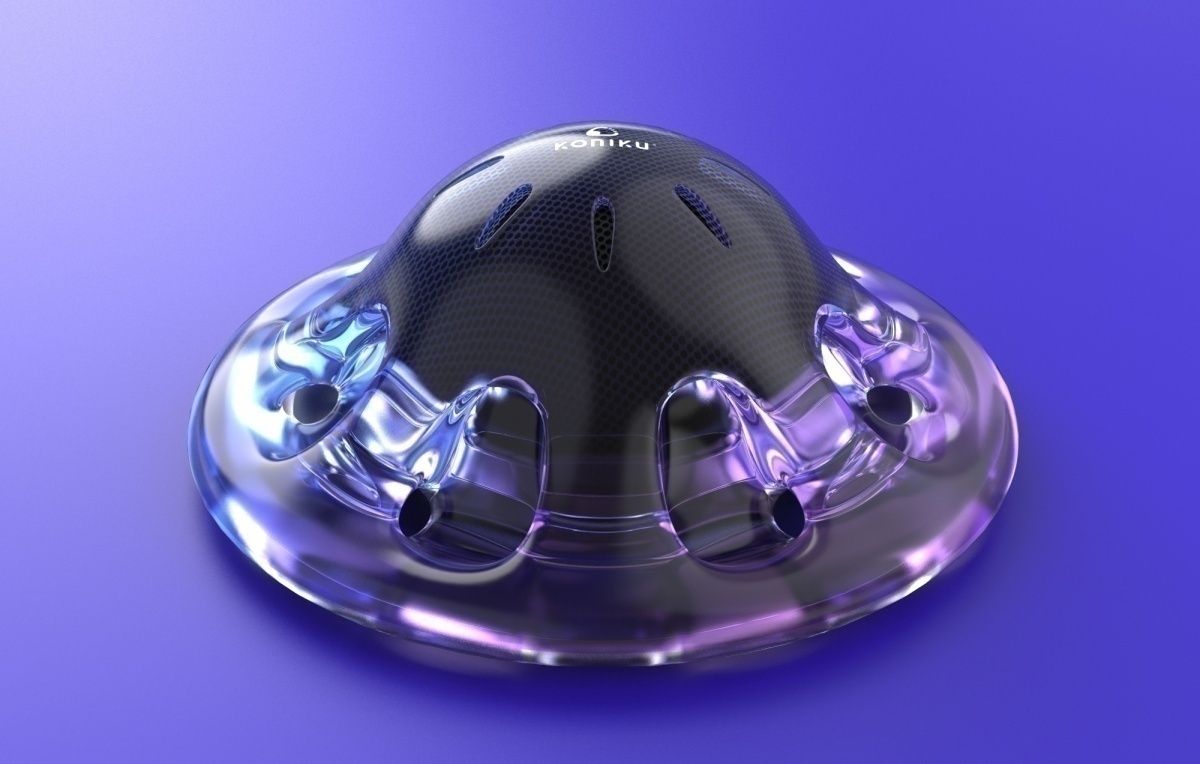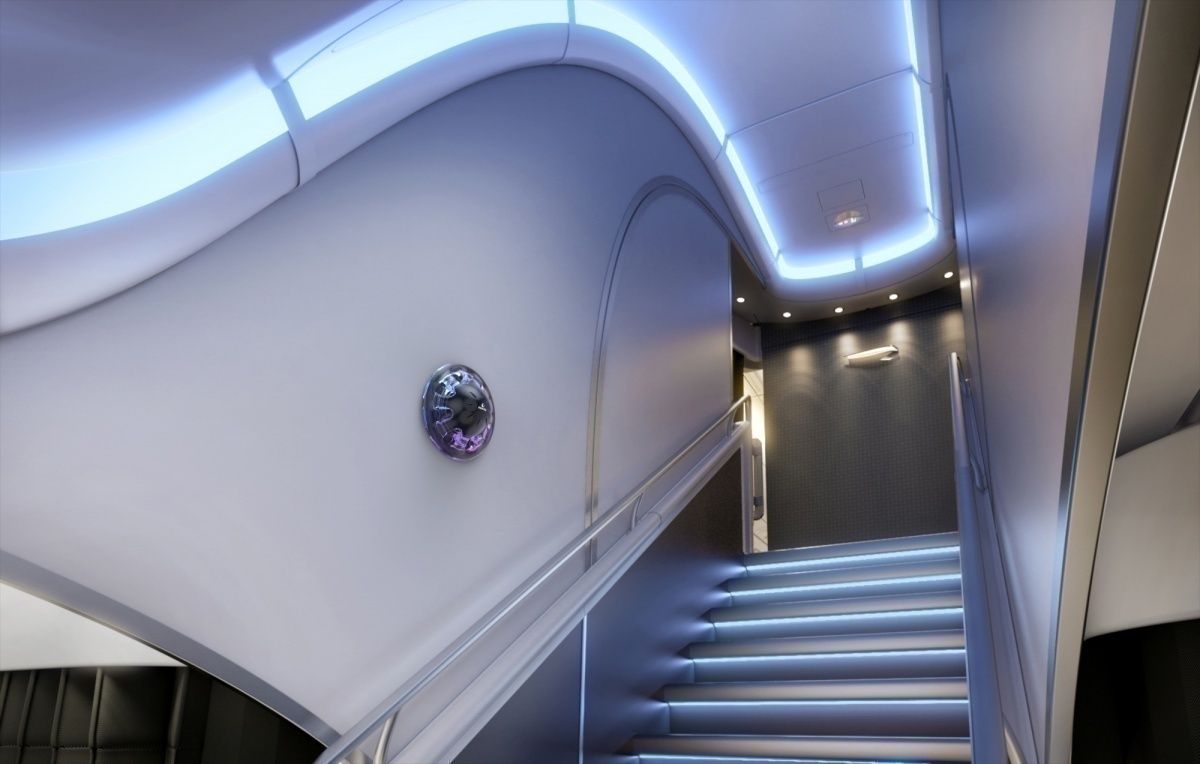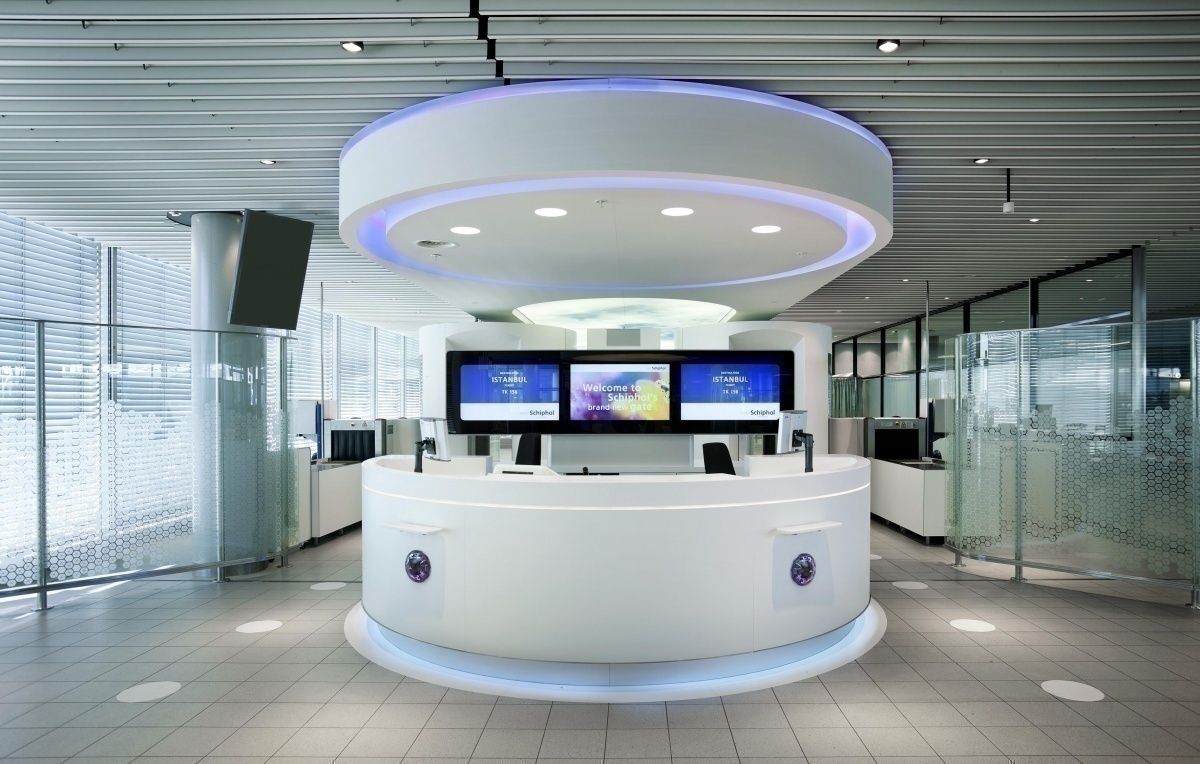Airbus is working in partnership with a Silicon Valley startup to develop a new way to keep us safe in flight. The last line of defense technology will use living cells combined with microprocessors to sniff out explosives and could be further refined even to detect coronavirus. While it sounds like something from Star Trek, this futuristic technology could be coming to an airport near you by the end of this year!
Airbus' electronic nose
European planemaker Airbus is working on a new technology to aid in bomb detection. The jellyfish-like sensors are being developed in partnership with a technology startup from California called Koniku, using microprocessors built from living biological cells.
The sensors have the ability to 'smell' chemical and explosive threats, in much the same way that sniffer dogs are used for threat detection. In an announcement about the new technology, Airbus said,
"Based on the power of odor detection and quantification found in nature, the technical solution, developed to meet the rigorous operational regulatory requirements of aircraft and airport security operations, uses genetically engineered odorant receptors that produce an alarm signal when they come into contact with the molecular compounds of the hazard or threat that they have been programmed to detect."
How do they work?
The sense of smell is almost the final frontier for machines. Technology exists that can see, touch, hear and even think, but the development of something that can 'smell' has been much trickier to develop.
But Koniku believes it has cracked this nut, using silicon processors augmented with living cells to mimic the natural process of smelling. The cells used are either Hek cells of astrocytes, also known as brain cells, which are then genetically modified to be able to smell.
Airbus has been working on this project since 2017 and is confident in the ability of the prototype product as it is today. Julien Touzeau, head of product security for the Americas at Airbus, told the Financial Times,
“The technology has a very quick response time of under 10 seconds in best conditions. With this level of maturity, it’s an incredible result and hopefully it will improve over time.”
Airbus said the Koniku sensors could be installed in airport screening tunnels as soon as later this year.
Detection for novel coronavirus?
Although the sensors are primarily being developed to detect chemical and explosive threats, their ability to sniff out almost anything could see them used for many more functions in the future. One of the most exciting applications could see them used to detect cases of disease, including the novel coronavirus.
The idea of this is that certain diseases emit specific odors. Work is ongoing to see if dogs could be trained to detect the coronavirus, and canines have already been used to identify things like cancers and C. diff.
In fact, the developers at Koniku have some grand plans for the sensors in the long run. The company's founder, Oshiorenoya' Osh' Agabi, wants to install one in every home, to give us a thorough health check every day. He told the Financial Times,
"You wake up in the morning, you breathe on our device, and we are collecting that data and we are analysing, in a longitudinal fashion, your state of health. That is one of our big visions."
The idea of an 'electronic nose' isn't new, but this is the first time a product has been this close to being brought to market. It will be interesting to see if they perform as well as the developers hope.
What do you make of these electronic sniff sensors? Let us know in the comments.



